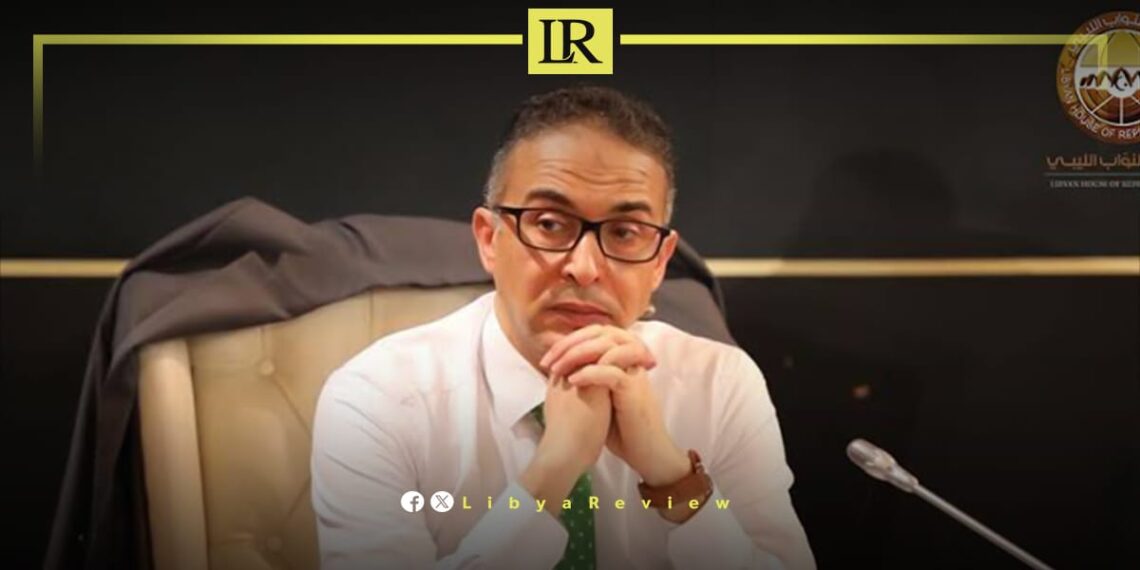A member of Libya’s House of Representatives, Jalal Al-Shuwaihdi, has accused the Government of National Unity led by Abdulhamid Dbaiba of worsening the country’s political and institutional divide. He said that the international community continues to deal with this government only because it controls Tripoli, not because it is legitimate or successful.
In a press statement, Al-Shuwaihdi stressed that Dbaiba’s administration has failed to manage economic, security, and service-related affairs, arguing that its performance has further weakened the unity of Libyan institutions. “This government has not only failed to deliver but has contributed directly to deepening the divisions within the country,” he said.
The MP also criticised the new initiative launched by UN Envoy Hana Tetteh, describing it as a mere repetition of previous failed attempts to resolve Libya’s political crisis. According to Al-Shuwaihdi, the proposal’s underlying goal is to undermine the legitimacy of elected institutions, particularly the House of Representatives and the High Council of State.
He argued that the initiative lacks any practical framework or clear roadmap that could lead to national stability. Instead, he claimed, it aims to recycle the political stalemate in a way that benefits external actors rather than serving the interests of the Libyan people.
Observers note that these statements reflect growing frustration among several lawmakers who view international mediation efforts as ineffective and biased. Meanwhile, tensions between Libya’s rival political bodies continue to delay efforts toward organising national elections and achieving institutional unity.


